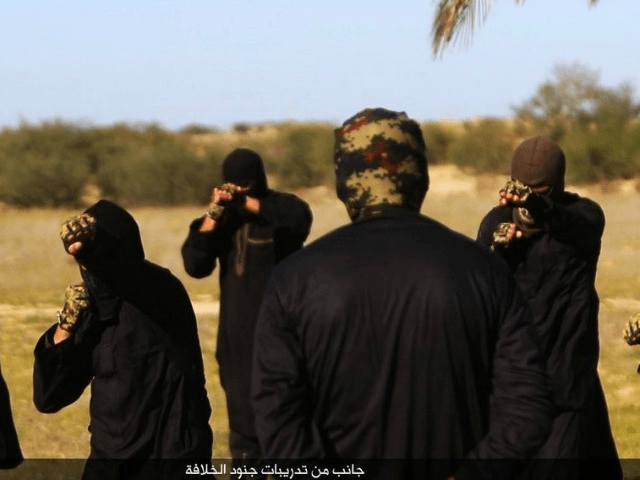Egypt is expected to reopen religious training camps to reportedly promote female Muslim preachers for the first time and combat Islamic extremism, six years after they were shut down.
According to Mohamed Mokhtar Gomaa, Egypt’s minister of Awqaf [religious endowments], the camps “have three core themes: ethics and conduct; fighting extremism and raising awareness about plots to topple the state; and raising awareness about the risks of overpopulation,” reports Al-Monitor.
Egypt has one of the largest Muslim populations in the world. The camps are expected to operate under the ministry of religious endowments.
“We want to upgrade the level of preaching by allowing the trainees to benefit from the experience of Al-Azhar [University] imams and teachers, discuss contemporary issues and think about their solutions,” Sheikh Jaber Tayeh, the head of the ministry’s religious department, told Al-Monitor. Al-Azhar is considered the most prestigious Islamic academic institution in the Sunni world.
He indicated that the training centers will also “address principles of citizenship, and they will be organizing cultural and touristic trips to archaeological sites.”
Al-Monitor notes that the camps will have ministry-appointed female preachers for the first time, a move welcomed by Tayeh.
“The role of female preachers is as important as that of clerics,” he said. “Their influence reaches society and mosques.”
Wafaa Abdul Salam, a female preacher at the Ministry of Awqaf, also praised Egypt’s decision to open the religious training centers to women.
“The participation of female preachers is a positive step that aims at cementing their presence and ensuring that the ministry officially acknowledges them,” she told Al-Monitor. “The [camps] help women preach with a moderate approach. Camps are an enriching experience for women, allowing them to meet in different governorates and to discuss issues that interest them, like how much Islam honors women.”
Although the ministry has officially appointed 144 women to serve as preachers in mosques already this year, with more expected to follow, their presence at the religious training camps is unprecedented.
“In addition to targeting imams, administrative staff, and midlevel department heads, the camps will target students of Al-Azhar institutes and, for the first time, female preachers,” reports Al-Monitor, adding that Egypt hopes the decision will strengthen its employees’ “street cred,” which has allegedly lapsed among some young Muslims.
The move to open the training centers came after U.S. President Donald Trump’s administration announced last week that it was withholding military and economic aid from Egypt over an alleged “lack of progress in key areas, including human rights” and democratic “governance,” according to the State Department and the White House.
Egypt denounced the U.S. decision as a “misjudgment about the nature of strategic relations” that have bound the two allies for two decades.
Cairo has long cooperated with the United States, particularly in their mutual effort against Islamic terrorists.
Egyptian President Abdel Fattah al-Sisi, who has advocated against Islamic extremism, and members of his administration have praised President Trump.
Sisi has “repeatedly called on Al-Azhar institutes and the ministry to renew their religious rhetoric in Egypt, update religious interpretations and implement religious reform, which he said will not change Islamic principles,” points out Al-Monitor. “Such actions will, however, help prove that Islam is a peaceful religion, he said.”
“Despite these calls and pressure, religious institutions are still standing their ground against renewing the religious discourse,” it adds.
Only days after it emerged that the Trump administration had cut some aid to Egypt, Trump told his Egyptian counterpart that he wants to strengthen ties with Cairo, according to Sissi’s office.
Nevertheless, the Sisi administration has criticized the Trump administration’s decision to reduce aid to Egypt.
Six years ago, deteriorating security conditions prompted Egypt to shut down the camps, which have been around for about 30 years.
Now, Cairo believes “the dust has settled in Egypt,” Tayeh told Al-Monitor.

COMMENTS
Please let us know if you're having issues with commenting.